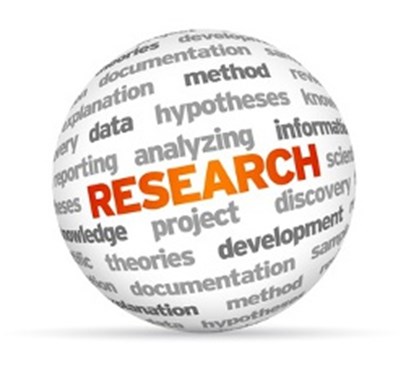Abstract
Neuroendocrine dysfunction after traumatic brain injury (TBI) is under-diagnosed, under-treated, and may adversely affect the rate of recovery. Single or multiple pituitary-target hormone disruption occurs in up to two-thirds of persons with TBI, most commonly affecting the gonadal and growth hormone axes. The time course of decline in and recovery of pituitary function in relation to cognitive dysfunction and rehabilitation progress are not well described. This article reviews the clinical spectrum of neuroendocrine deficits after TBI and their underlying mechanisms. Future studies of the effects of hormonal replacement on recovery are recommended.
Reference
Rothman, MS., Arciniegas, DB., Filley, CM., Wierman, ME. (2007) The Neuroendocrine Effects of Traumatic Brain Injury, Journal of Neuropsychiatry and Clinical Neuroscience, 19(4): 363 - 372.
Back









